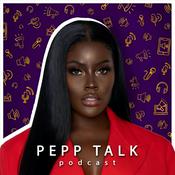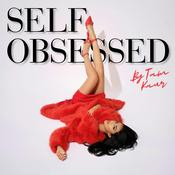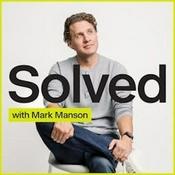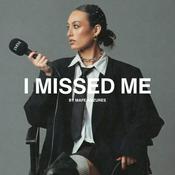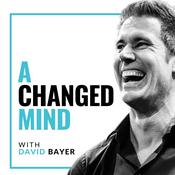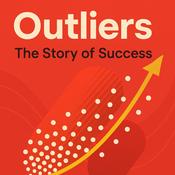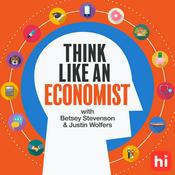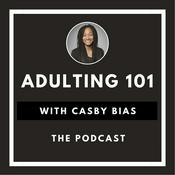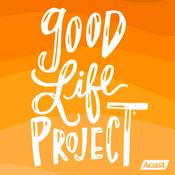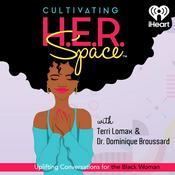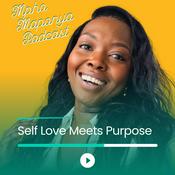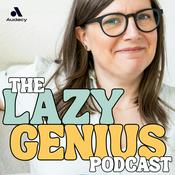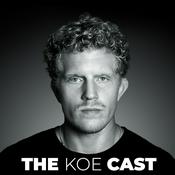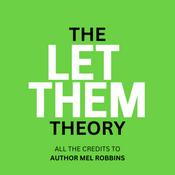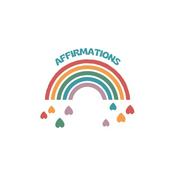104 episodes

Staff Picks: Papers that Shaped a Legacy
2025/11/06 | 28 mins.
The JFK Library holds thousands of primary source treasures that bring history to life. In this episode, JFK Library Foundation Executive Director Rachel Flor takes us behind the scenes to explore the original records showing how Jacqueline Kennedy reimagined the White House as the People's House. We'll also hear the voice of one of President Kennedy's closest friends, preserved in an intimate oral history.

Staff Picks: Family Roots
2025/10/24 | 13 mins.
At the JFK Presidential Library and Museum, history isn't frozen behind glass — each artifact has its own story to tell. This episode, we talk with the JFK Library Foundation's Maggie Bramley about the museum items that continue to inspire her — from the Kennedy family bible to a commode gifted to the President and Mrs. Kennedy by French President Charles de Gaulle.

Staff Picks: Letters from Children on Civil Rights
2025/10/02 | 15 mins.
Lessons from a letter? JFK Presidential Library Education Director Suzi Fonda shares some of her favorite letters from children who picked up their pens urging President Kennedy to take action on Civil Rights.

Staff Picks: JFK's Origin Stories
2025/9/12 | 25 mins.
In the first episode of our Staff Picks series, Library Director Alan Price highlights three artifacts that capture pivotal moments that shaped President John F. Kennedy's life. The coconut shell that carried his rescue message during World War II tells a story of courage and resilience, a letter from the surviving members of the Amagiri show how two bitter enemies can make peace, while Jacqueline Bouvier's wedding dress symbolizes a new chapter for the future president. Together, these pieces reveal how personal experiences shaped the leader we know today.

Lessons on Democracy - A More Perfect Union
2025/7/03 | 25 mins.
In this episode, we take a closer look at how President Kennedy viewed the social contract between the president and the American people with historian Fredrik Logevall. In particular, we'll look at how that played out for four segments of the population who had been historically marginalized in varying ways: African Americans, women, people with intellectual disabilities, and immigrants. This episode is the last of a four-part series taking a closer look at what made President John F. Kennedy a strong democratic leader, not as a leader of the Democratic Party, but as the leader of a modern democracy.
More Education podcasts
Trending Education podcasts
About JFK35 - A podcast by the JFK Library Foundation
Listen to JFK35 - A podcast by the JFK Library Foundation, Pepp Talk Podcast and many other podcasts from around the world with the radio.net app
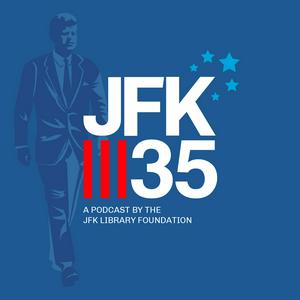
Get the free radio.net app
- Stations and podcasts to bookmark
- Stream via Wi-Fi or Bluetooth
- Supports Carplay & Android Auto
- Many other app features
Get the free radio.net app
- Stations and podcasts to bookmark
- Stream via Wi-Fi or Bluetooth
- Supports Carplay & Android Auto
- Many other app features


JFK35 - A podcast by the JFK Library Foundation
download the app,
start listening.
